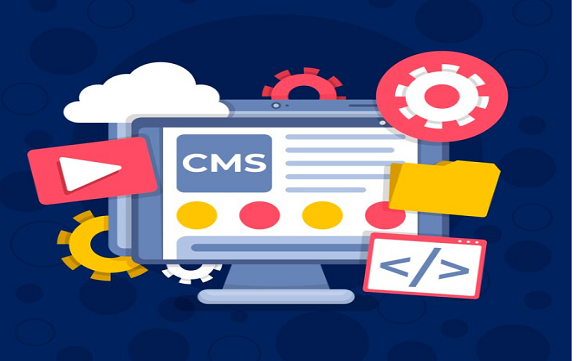ServiceNow ITSM Quality Assurance Services For a Technology Consulting Firm
ServiceNow ITSM Quality Assurance services enabled a leading global technology consulting firm to improve operational efficiency, and gain a competitive advantage About the Customer The customer is a globally recognized management and technology consulting firm, delivering innovative solutions across digital operations, infrastructure modernization, data management, application transformation, and multi-cloud acceleration. With a diverse, international client base, the customer is known for its commitment to technological innovation and operational excellence. Customer’s Business Challenge As the customer expanded their digital operations, they encountered increasing complexity in managing and validating their ServiceNow IT Service Management (ITSM) platform. The absence of a structured and robust Quality Assurance (QA) framework led to significant challenges, introducing risks to service reliability and adversely affecting the overall customer experience. Some of the Key Challenges Identified were: Absence of a streamlined process to validate critical workflows such as Incident Management, Change Management, and Problem Management Elevated risk of service delays due to insufficient validation mechanisms Reduced agility in responding to service requests and managing incidents Inconsistent quality assurance practices negatively affected customer satisfaction With a strong international presence, the customer served its clients across various industries by delivering innovative solutions but lacked proper quality assurance practices for their ServicesNow ITSM implementation. Solution Delivered by Adroitent Adroitent partnered with the customer to design and implement a comprehensive Quality Assurance framework for their ServiceNow ITSM deployment. The Adroitent QA team played a critical role in validating and verifying the quality, reliability, and performance of the ServiceNow ITSM modules, ensuring alignment with defined business requirements Key Solution Components End-to-end QA services: Implemented a comprehensive QA framework covering functional testing, integration testing, and regression testing for effective validation of business rules. Developed test scenarios and reusable test cases aligned with ServiceNow workflows. Established a foundation for automation by developing robust and scalable Quality Assurance scripts and assets Provided QA best practices, documentation, and post-implementation support to ensure consistency, traceability, and agility in handling new updates and new configurations. Adopted agile methodology with 2 week sprints cycles enabling faster and quality releases Verification of ITSM functionalities: Tested and validated the core ITSM modules, including Incident Management, Change Management, Problem Management, and Service Request Management, Service Catalogue Management, and Knowledge Management to ensure each module operated as per defined business requirements Technology Stack Leveraged ServiceNow ITSM Test Management 2.0 integrated with Agile Development, Azure DevOps (for DevOps integration and release coordination) Postman/REST (for testing integrations and APIs). Business Outcomes Increased efficiency and reliability: Achieved faster incident response times through the use of pre-validated workflows and comprehensive automated test coverage. Enhanced agility: Accelerated the deployment of ServiceNow updates and customizations by minimizing QA-related delays. Improved customer satisfaction: Delivered a seamless and consistent user experience for both internal stakeholders and external consumers of ITSM services. Strengthened competitive advantage: With stabilized ITSM operations, the customer confidently scaled support and service delivery, consistently meeting enterprise SLAs and surpassing customer expectations.
ServiceNow ITSM Quality Assurance Services For a Technology Consulting Firm Read More »




